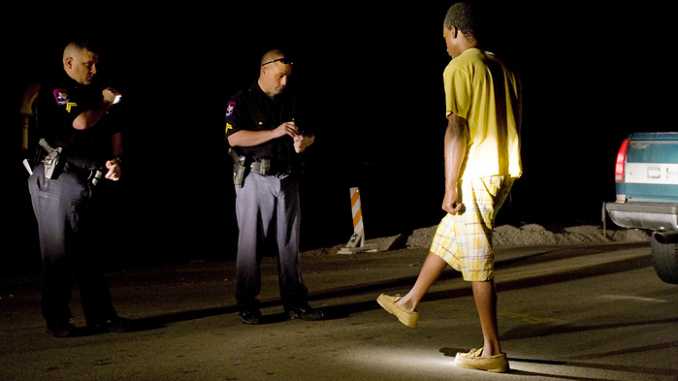
It is important to maintain perspective on the motor vehicle crash risk associated with cannabis by placing it in the context of crash risk associated with other substances. Case control studies show that driving after the use of cannabis does not increases the risk of crashing as much as driving with a BAC of 0.05; a blood alcohol concentration (BAC) between 0.5 g/L- 0.8 g/L (i.e. .05% and .08% BAC, which are the limits over which administrative and criminal sanctions, respectively, can be laid in many jurisdictions in Canada) yields a motor vehicle crash OR between 2 and 4; a BAC of around .3 g/L yields MVA ORs comparable to those found currently in the population for cannabis. (25-28) The presence of benzodiazepine medication yields a motor vehicle crash OR of about 1.7. (29)
CANNABIS USE AND DRIVING: Evidence Review
Canadian Drug Policy Coalition (CDPC) Simon Fraser University DATE: March 27, 2017
PREPARED BY: Rielle Capler, MHA Ph.D. Candidate, University of British Columbia Dan Bilsker, Ph.D. Clinical Assistant Professor, Faculty of Medicine, University of British Columbia Kelsey Van Pelt, BSc MPH Candidate, Simon Fraser University Donald MacPherson Executive Director, Canadian Drug Policy Coalition (CDPC) Adjunct Professor, Faculty of Health Sciences, Simon Fraser University
